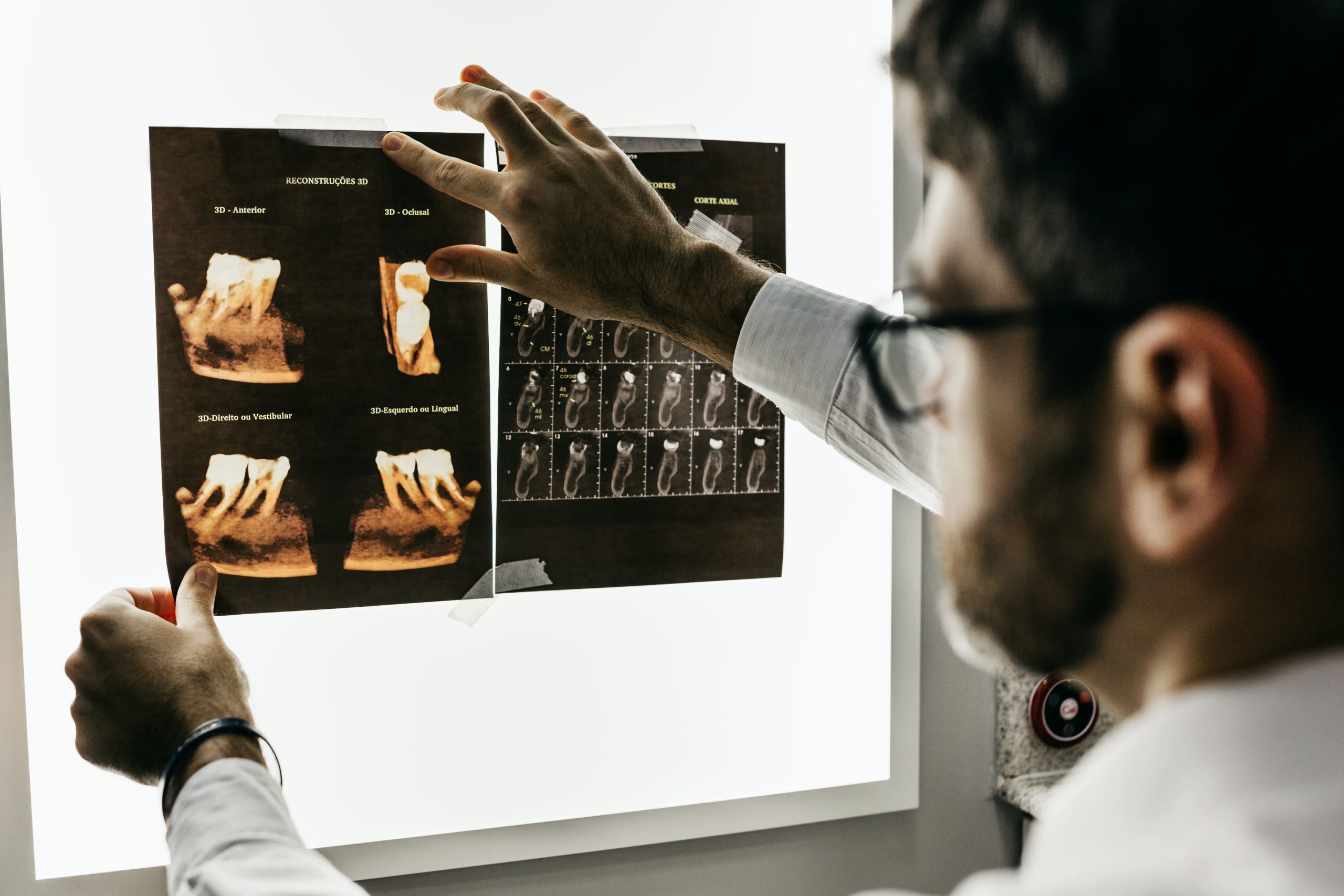Hello and welcome back to NaijaCloud, today we are going to look at medical radiography in Nigeria and everything you need to know about it.
Radiography is a very rewarding career to pursue if you are passionate about it.
This is because radiographers can work in hospitals, schools, and other health care facilities as well as become consultants.
The expected salary is between N40, 000 – N60, 000 per month depending on experience level and qualifications obtained.
Nigerian hospitals and other related health care facilities are in dire need of radiographers.

For this, you can train in any of the Nigerian universities that offer medical radiography such as Lagos State University, University of Ilorin, University of Maiduguri, and Nnamdi Azikiwe University among others.
Universities That Offer Medical Radiography In Nigeria
If you are interested in pursuing a career in medical imaging, then Nigerian universities are the best places to start. Here are some of the leading institutions that offer this course:
- Lagos State University
- University of Ilorin
Nigerian hospitals and other related health care facilities are in dire need of radiographers.
For this, you can train in any of the Nigerian universities that offer medical radiography such as Lagos State University, University of Ilorin, University of Maiduguri, and Nnamdi Azikiwe University among others.
The various courses offered at these institutions include Bachelor’s Degree in Medical Radiography, Bachelor’s Degree in Nuclear Medicine Technology, and a Master’s Degree in Radiography.
Salary Of Medical Radiography in Nigeria
Radiographers can be employed in teaching, offering consulting services, or self-employment. After training, one can easily be employed in hospitals, schools, and other health care facilities, as well as become a consultant radiographer. The expected salary is between N40, 000 – N60, 000 per month.
Radiographers can be employed in teaching, offering consulting services, or self-employment.
After training, one can easily be employed in hospitals, schools, and other health care facilities, as well as become a consultant radiographer. The expected salary is between N40, 000 – N60, 000 per month.
Examples of self-employment:
- Medical Radiography and Ultrasound Technicians (MRUT) – The Department of Health requires this qualification to register all MRI technicians who also have a degree in medicine or nursing with the National Board for Technical Registration (NBTR).
- Medical and Radiation Sciences – This course provides students with theoretical knowledge on radiography while they practice on patients under supervision by faculty members within their institution.
A career for people who enjoy working with machines and like seeing results in the short term. They have a variety of tools at their disposal, such as x-rays, which allow them to see what’s going on inside someone’s body without performing an operation.
How Are X-rays Taken?
X-rays are taken by placing the body part to be imaged (e.g. arm or leg) between an x-ray machine and a film cassette.
The x-ray machine produces a brief burst of x-rays that pass through the body part, creating an image on the film. If there is any abnormality in the bone structure, it will show up as a white spot on the film.
A CT scan is a detailed 3D representation of an object from many different angles simultaneously using computer-processed x-rays.
It can produce images more quickly than conventional techniques such as MRI and PET scans, which require the subject to remain very still during imaging.
CT scanning also has several advantages over these other modalities and does not involve ionizing radiation, so it is safe for use with pregnant women and young children; this makes it particularly useful for scanning brain tumors.
It also provides higher resolution for most applications; 1 mm of detail on a CT scan corresponds to about 0.5 mm of detail in an MRI scan.
There are three common types of CT scanners: helical, multi-slice spiral (also called volume), and cone beam (cone).
These three types represent increasing levels of sophistication and expense but provide increasingly better spatial resolution.
FAQ Of Medical Radiography In Nigeria
Medical radiography is a very rewarding career to pursue if you are passionate about it.
The job offers plenty of flexibility in terms of your schedule, as well as opportunities to travel around the world and learn from other professionals who have years of experience under their belt.
As a medical radiographer, you’ll be working with patients who need imaging services for various reasons including diagnosis and treatment planning.
You will be responsible for interpreting images taken on X-rays or other imaging equipment such as CAT scanners etc. so that doctors can make decisions about their care based on what they see on them.
You will also be working closely with patients, who may need specific types of imaging done before their surgery or other medical procedures.
This can include things like CT scans which help doctors determine what kind of operation is needed and how long it will take.
Conclusion
Medical radiography is a very rewarding career to pursue if you are passionate about it. It can be challenging but also exciting, especially when you get calls from hospitals asking for assistance in diagnosing issues with their equipment.









